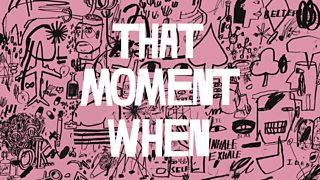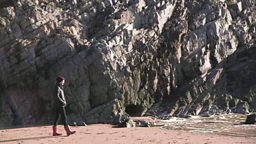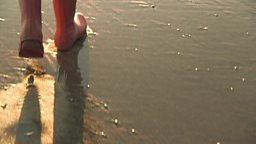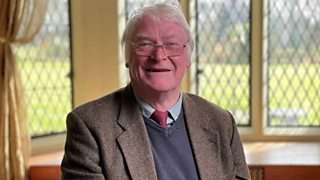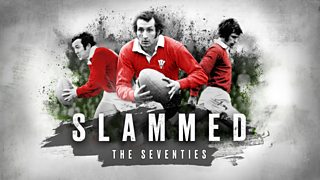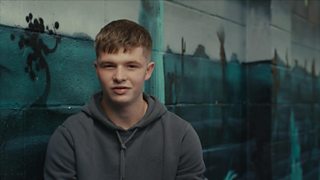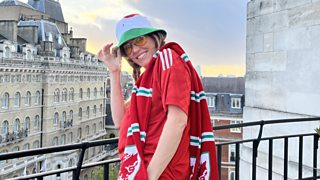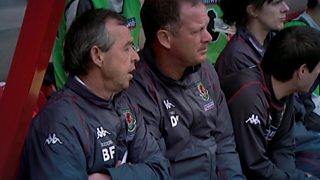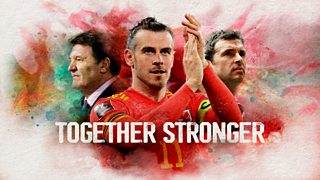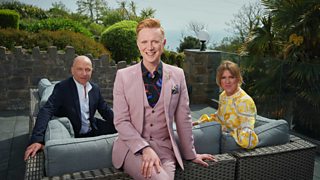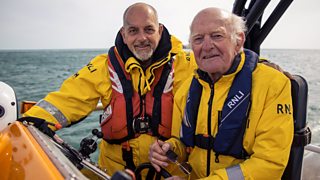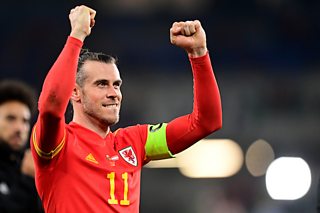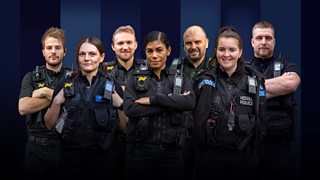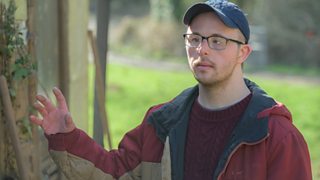Learning to live with HIV
20 September 2019
Rich Watkins was a young, single man enjoying his life in London when he received a diagnosis of HIV. Struggling to come to terms with the news, he gained a fresh perspective from a surprising source during a life-changing trip to New Zealand...
I remember that it was five minutes past five, and then the world stopped
“I’ve lived in London for over 10 years now and back in 2016 I had just finished drama school. I was working as an actor going from job to job, enjoying my life in London to be honest. And being a young, single, gay man, I was going out and meeting lots of other guys,” he remembers.
“I was pretty well educated in sexual health, but there was one particular weekend where I hadn’t been as responsible as perhaps I knew I ought to be.
“I had a finger prick HIV test, and that came back as negative. So I left the clinic feeling pretty satisfied. They called me a week later, on July the 11th 2016, asking me to come back in. I took one of my best friends with me because I knew that something was up. I was told that the blood test they had taken from my arm had come back as positive for HIV.
“I remember that it was five minutes past five, and then the world stopped.
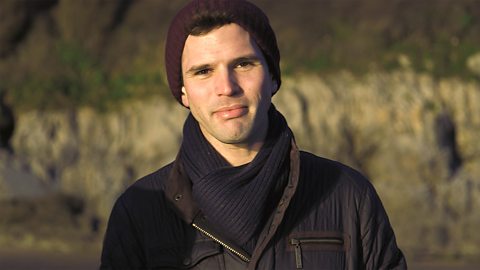
That Moment When - I learnt to live with HIV
An individual finds perspective from nature to come to terms with their HIV diagnosis.
“In that appointment I wasn’t really able to take anything in. I think I can remember her telling me that I wasn’t going to die but other than that, I can’t remember much. I couldn’t help but think ‘why me?’ Of all the people in the world having sex, of which there are very, very many, why did I have to be the one to get HIV?”
Why did I have to be the one to get HIV?
Following the news, Rich immersed himself in his work, not really confronting his diagnosis until a year later when he took a life-changing trip to the southern hemisphere.
“I threw myself into my work and my life. Keeping busy, keeping distracted - not having to think about it too much,” he says.
“I think at one point in August I was in two different plays at one time, travelling across London on the Tube to get from one stage to the other in the same evening. And it wasn’t until the following year when I went away to New Zealand that I stopped and really began to process my diagnosis.
“In the spring of 2017 I was lucky enough to be offered some work over in Australia. And afterwards I decided to go travelling across New Zealand.
“I booked an excursion to visit the glaciers, which are halfway down the South Island. I got into a helicopter and flew up onto Fox Glacier. From down below it looks tiny, when you’re up there you realise it is miles upon miles big; it would take days to walk from one side of it to the other.
“I sat down at the edge of the glacier in this silence with the sun shining down, with a big wall of ice right in front of me.
“I had this feeling of perspective. I'm one of millions of people in the world living with HIV. I’m one of billions of people living on the world. Our world is just one of the planets in the solar system. I am just one tiny bit of nature.
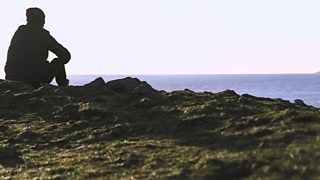
“That was the moment when I realised that I had what it takes to go on living with HIV, and live well with HIV.”
On his return to the UK following his trip, and with the new-found acceptance of his health condition, Rich took a new direction to help others living with HIV.
“After I got back from New Zealand I decided to shift my focus a bit, and as well as being an actor I now work in HIV support, and I work as a patient representative in my own HIV clinic. I try and use the sense of perspective that I got in New Zealand when I help other people living with HIV,” he says.
“Of course I have good and bad days. Of course there are days when I totally forget how I felt when I was sat on that glacier. But it is possible to reclaim it, even if you're not sat on the edge of a glacier and you’re sat on the Tube! It can be possible to find that sense of calm, it just takes a bit more work.
“My advice to anyone struggling with some difficult news like a diagnosis is to remember that it doesn’t define you. The same way that you don’t define the universe - your problems don’t define you. And we are just one part of a big, sprawling, beautiful world. That might make us feel small, but it also makes me feel special.”
